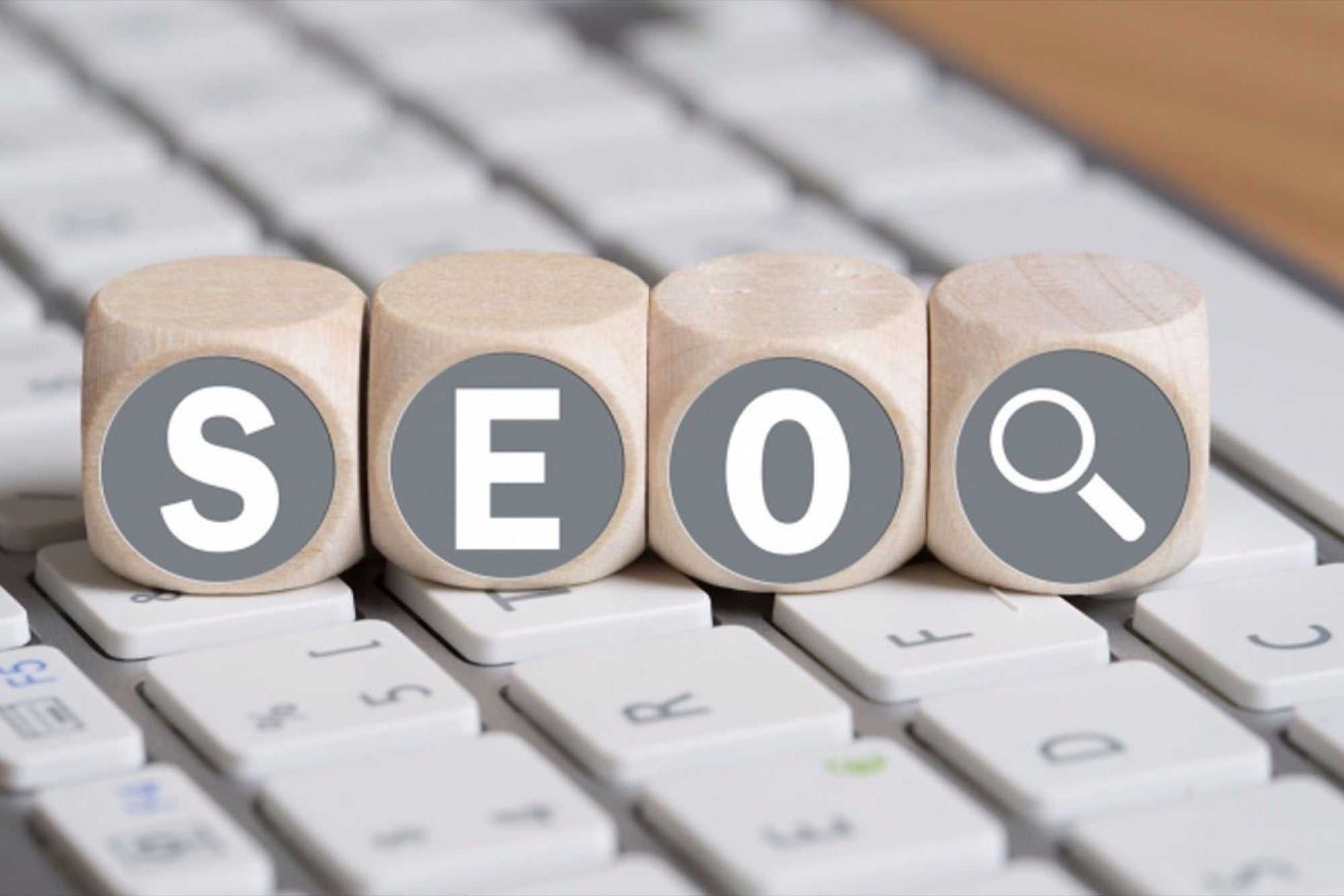Local SEO Tips to Rank Your Business High on Google in 2019-2020 If you are a local brick and mortar store or a local online business, then SEO is still a prominent technique for getting the online business
Opinions expressed by Entrepreneur contributors are their own.
You're reading Entrepreneur India, an international franchise of Entrepreneur Media.

We have entered in 2019 and the predictions on SEO future have started. The digital marketing expert Neil Patel has said that achieving results in SEO won't be easy in the coming years and Omni channel approach will work better in 2019. It means you need to invest in multiple digital marketing techniques to keep your competitors out of the game.
However, if you are a local brick and mortar store or a local online business, then SEO is still a prominent technique for getting the online business.
As per the stats, 46per cent of all searches on Google are local and 72per cent of consumers say the search is the first choice to find information on local merchants. It shows the importance of having good search engine visibility for a local business. When it comes to building good search engine visibility then SEO is the foremost and handy technique.
Tip 1: List Your Business on Google My Business or Google Places
To ensure your local business stand among the top results on Google, you first need to list your business on Google My Business or Google Places. By listing the business successfully on Google Business, you can appear along with big names in local searches.
Here one thing is notable that if you will have successfully verified your company on Google My Business, Google will automatically list your company on Google Maps. However, you can also manually list your business on Google maps without Google postcard verification.
Undeniably, Google Places is the prime source for getting online traffic for a local business. Thus, creating an account on Google Places should be your first step.
Pro Tip:
To rank high on Google places, add relevant information (category, business hours, address, phone number, etc.) as you have added on your website and other citation sites.
Tip 2: List your Business on other relevant Citation Sites
Google Places is your best option, but not an only option. After listing a business on Google Places, you should target more local business listing or citation sites, for instance, Bing Places, Yahoo Local, Yelp, and Facebook for Business, etc.
In addition to that, you should target business listing sites that are more relevant in your specific geographic area. These business listing sites are also called business directories and citation sources. Search for all these key phrases to obtain better results.
Pro Tip:
Avoid duplicate listings and keep business information same as per the Google Places listing.
Tip 3: Ask for reviews:
97% of consumers say reviews influence their buying decision and yelp is a major platform where users like to read company reviews. Thus not only list your business on sites like Yelp, Foursquare, or Google places but also ask your happy customers to share positive reviews on these profiles. Additionally, you can display your customer's reviews on your website. As per the stats, displaying reviews on website increase conversion by 270per cent.
Protip:
When asking for positive feedback from your customers, offer them a discount or complimentary products. Also, encourage your clients to give you feedback by creating videos. Video testimonials build more trust in the prospect's mind as compared to written testimonials.
Tip 4: Create a Mobile-friendly Website
A website gives your business a fixed online presence where users can assuredly get relevant information about you and your offerings. And the importance of the website shouldn't be too hard to grasp. Take an example of yourself searching for a school, college or a company on Google. Of course, you tend to look for its website in the first place. In addition, your website should be optimized for mobile devices. As per the stats by HubSpot, 60per cent of the people who search for a local business, use the smartphones. So optimizing your website for mobile devices is no more an optional thing.
Pro Tip:
If you are targeting multiple cities or states for your business, then creating the separate landing pages for each city or state will be beneficial. Optimize the target cities and states in the website content, Meta tags, & header tags.
Tip 5: Optimize for Voice Search:
According to a stat, 50per cent of all searches on Google will be voice searches by 2020. After the voice assistant devices such as Alexa by Amazon, Siri by Apple, etc. voice searches has increased significantly. But the question is how to optimize your website for voice searches.
Here are a few quick tips:
• Use long tail conversational queries on your website content.
• Write concise answers for the conversational queries on your website.
• Use schema or structure data to answer quickly for voice queries.
Pro Tip:
Take help of Google Autocomplete to know what kind of searches users can do for a search query and then write concise answers for each search queries on your website.
Tip 6: Invest in the Content Marketing
Content marketing is an evergreen technique to get good results in any digital marketing campaign. However being a local business, you need to selective with your content marketing approach. Create hyper-relevant local content and share it with your audience through local distribution channels like emails, social media, and newspaper, etc. Produce quality content that meets the demand of your local audience.
Remember it, "Google only loves you when everyone else loves you first."
Pro Tip:
Add a blog section on your website and keep it updated on a timely basis. Don't forget to optimize the keywords or targeted cities names while writing the blog posts.













